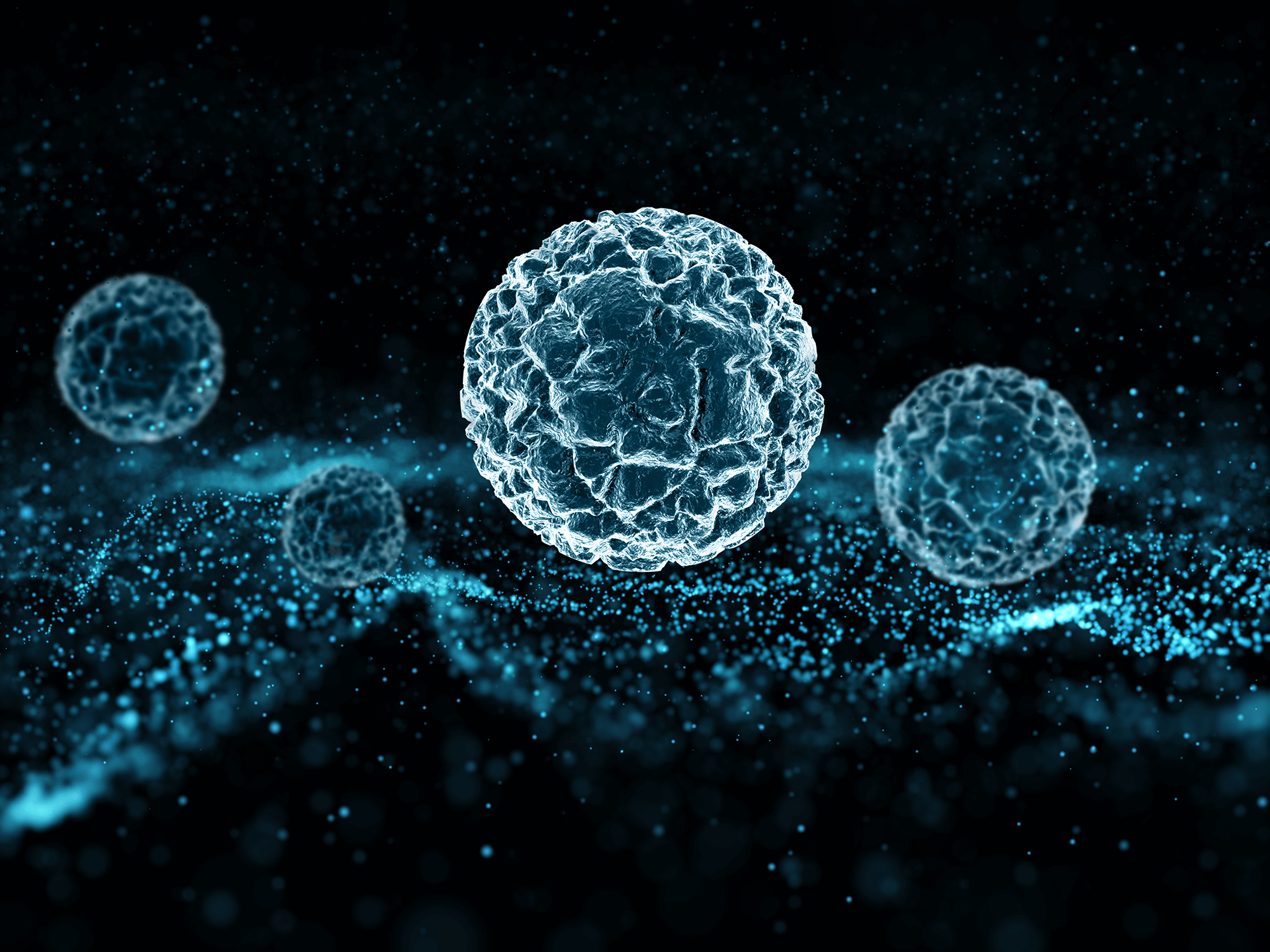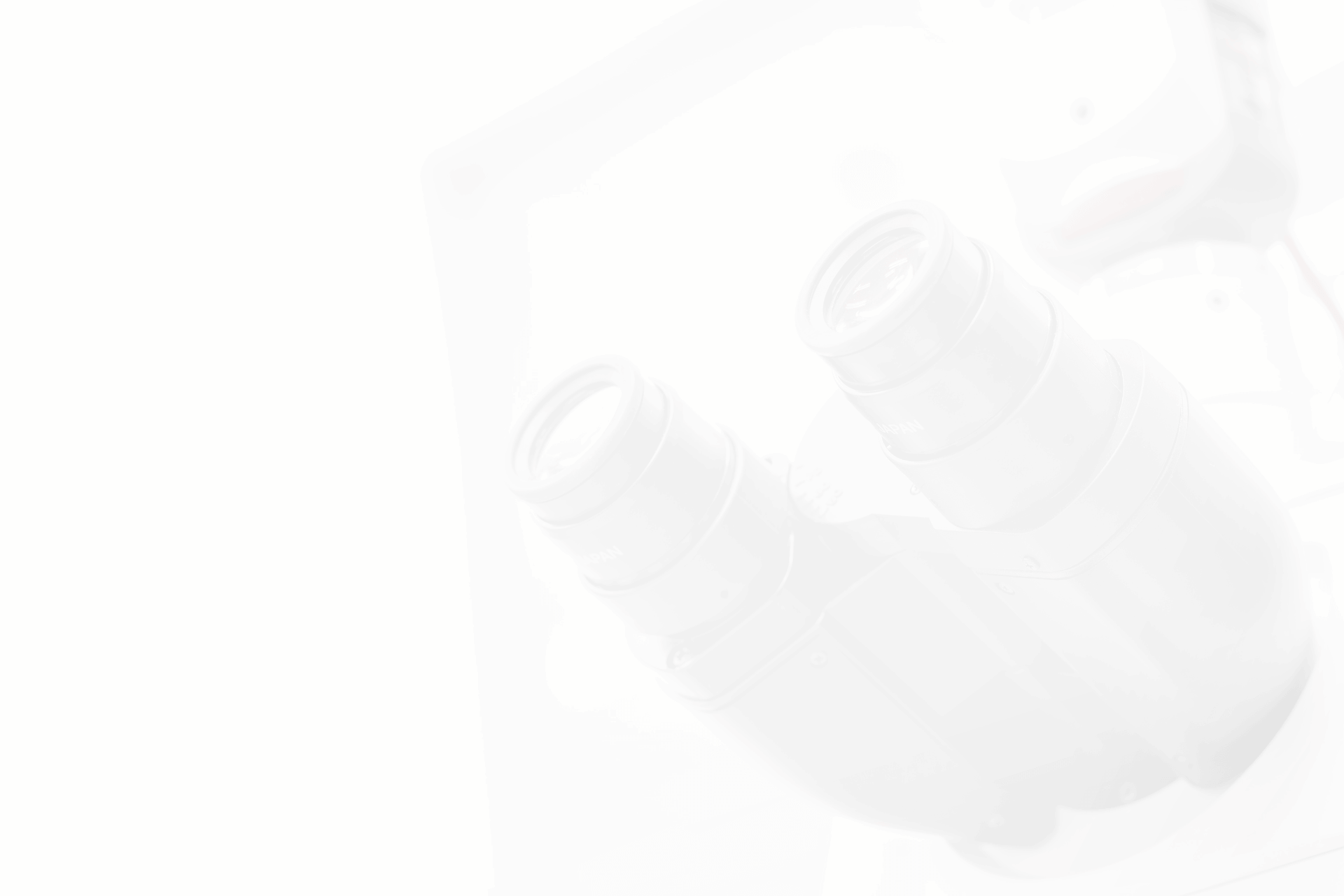
ExoGiov®
Bio-Pulsed Aesthetic Exosome
INCI Name:Chicken Embryonic Mesenchymal Cell-Derived Extracellular Vesicles
Exosomes are a special type of extracellular nanovesicle, and they are nanosized and bioactive. We can consider them as the spokespersons for stem cells. Exosomes are capable of transferring information between different cells, and they also act as conductors coordinating intercellular operations, delivering a wealth of growth factors and anti-inflammatory agents, being responsible for the repair of organs and tissues, and regulating immune responses.
The paracrine and homing functions of exosomes positively affect the regeneration of damaged cells and inflammatory responses. Exosomes aid in the repair of our body’s cells and tissues. Recent years, understanding and applying exosomes has become crucial in regenerative medicine and medical aesthetics. Many diseases once thought irreversible, such as the repair of the nervous system (e.g., Alzheimer’s, stroke, glaucoma, etc.), the repair of organs (e.g., lungs, heart, kidneys, liver, etc.), as well as anti-aging and hair growth promotion, all have seen new hope through exosomes.
AM Biotech utilizes patented “Bio-Pulsed” technology to further produce over a hundred types of exosomes with various effects, which including for cosmetic hair growth, treating degenerative arthritis, accelerating fracture healing, treating premature ovarian failure, treating macular degeneration, treating tinnitus and hearing loss, and more.
The efficacy and quality of ExoGiov® Bio-Pulsed Exosomes are supported by solid scientific evidence. The research findings have been published in the prestigious International Journal of Molecular Sciences. This paper presents part of the patented “Bio-Pulsed” technology developed by AM Biotech. Through this technology, significantly increasing the quality and quantity of the exosomes.
